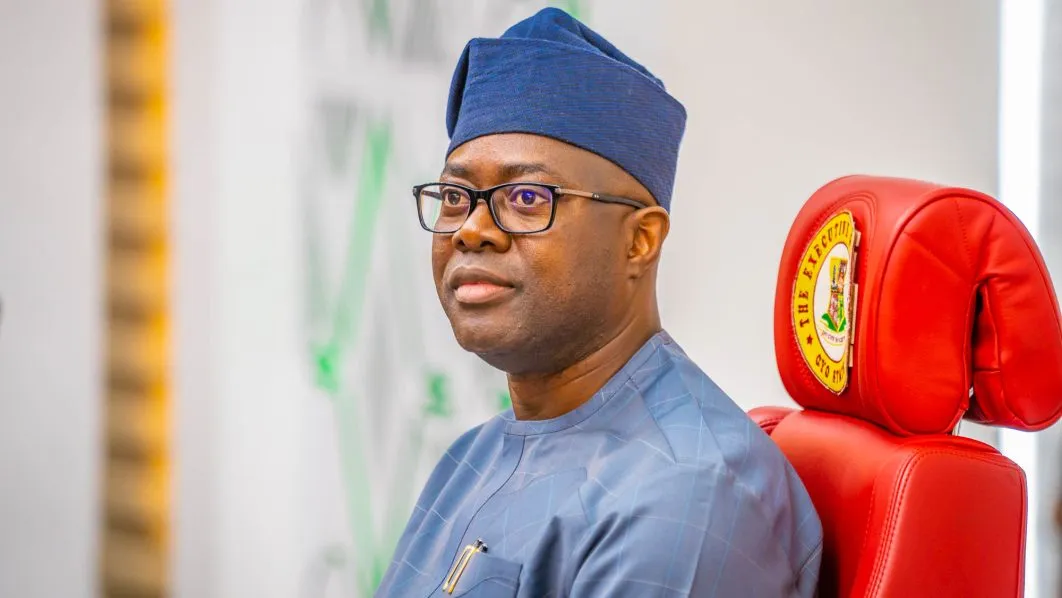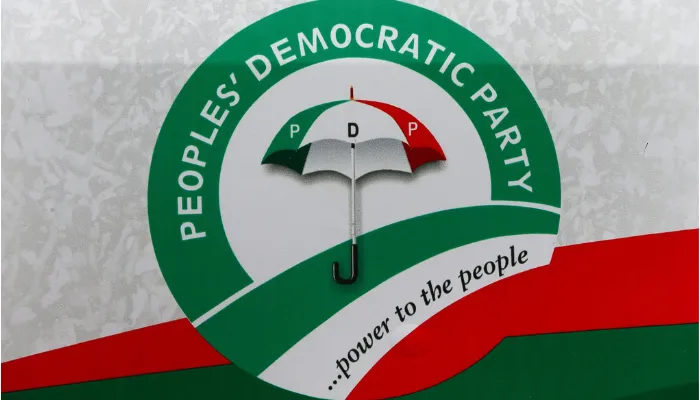Kaduna State Governor, Uba Sani, has attributed the challenges in paying workers’ salaries to the substantial debts inherited from his predecessor, Nasir El-Rufai’s administration.
Speaking at a town hall meeting in Kaduna on Saturday, Governor Sani outlined the financial hurdles his administration faced, citing a staggering debt burden left behind by the previous government. He disclosed that the inherited debt comprised $587 million, N85 billion, and 115 contractual liabilities.
According to Governor Sani, the state’s financial predicament necessitated the allocation of a significant portion of the federal allocation for debt servicing. He revealed that out of the N10 billion received as federal allocation in March, N7 billion was deducted to service the state’s debts, leaving only N3 billion available for other expenditures.
Highlighting the stark disparity between the remaining funds and the state’s monthly salary bill of N5.2 billion, Governor Sani emphasized the financial strain faced by his administration in meeting its salary obligations. He noted that the devaluation of the naira had further exacerbated the debt repayment burden, resulting in the state paying back almost triple the amount borrowed by the previous administration.
Despite these challenges, Governor Sani asserted that his administration had refrained from borrowing any additional funds in the past nine months. He expressed determination to steer Kaduna State towards progress and sustainable development, despite the daunting financial landscape inherited from the previous government.
Governor Sani outlined the key priority areas of his administration, which include enhancing safety and security, improving access to housing, education, and healthcare, and supporting micro, small, and medium enterprises. Additionally, he underscored the government’s commitment to inclusive development by investing in human capital, stimulating the economy, and providing affordable housing opportunities for residents.





